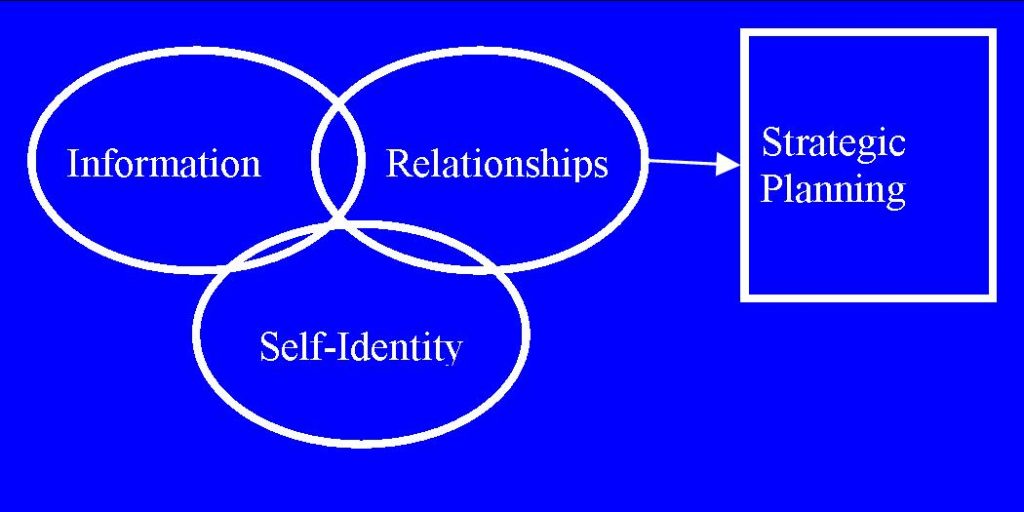Effective Team Building: Theoretical Framework
Effective team building requires a theoretical framework that enhances the relationships amongst the members of the team as well as a process for accomplishing the vision of the team. Team building is a deliberate planned process that enhances the team’s ability to work together. It helps to develop and deepen trust amongst team members that results in increased productivity and creativity, better communication, and higher levels of job satisfaction and commitment.
Many team building activities involve utilizing competition as a vehicle to induce the capacity to problem solve and effectively work together. Team building activities include:
- Battle of the air bands
- Move over karaoke
- Potluck
- Water balloon toss
- Scavenger hunt
- Human knot
- Show-and-tell
- Egg drop
- Two truths, one lie
However, competition never creates an overall experience of success because it drives people to act aggressively and at times harmfully.
Many employees have the right qualities and professionalism but during competitive activities, their primal instincts drive their reactive behavior. As a result, people learn less after a competition and thereby lower their performance as a team. Improving team performance has a direct correlation to improving the relationships amongst the members of the team instead of team competitions.
The Self-Knowledge system developed by Margaret Wheatley in figure 1 is the first component of effective team building. Self- Knowledge includes three components: information, self-identity, and relationships.

According to Wheatley (1999), a system changes when it learns more about itself by implementing processes that facilitate self-discovery and create new relationships. Furthermore, Wheatley stated that controlling the information and self-identity components enhances relationships.
Wheatley states that this is accomplished by “My colleagues and I focus on helping a system develop greater self-knowledge in three critical areas. People need to be connected to the fundamental identity of the organization or community. Who are we? Who do we aspire to become? How shall we be together? Moreover, people need to be connected to new information. What else do we need to know? Where is this new information to be found? In addition, people need to be able to reach past traditional boundaries and develop relationships with people anywhere in the system. Who else needs to be here to do this work with us? (p. 146).
Effective team building surfaces when co-workers learn to develop a deeper understanding about each other. Therefore, during the information phase co-workers learn their different personality traits, learning styles, and conflict management styles.
During the self-identity phase, the team develops a shared vision. A shared vision provides a mental image that two or more persons agree on as well as the focus and energy necessary for the development and fulfillment of the organization’s goals. A shared vision is a powerful tool that unites any organization.
The team building process must also provide team members with an experience of good performance and a job done well together. We accomplish this experience during the second phase of the team building process.
Strategic planning is the second and final phase. Strategic planning determines the decisions that the team will make to ensure that the team transitions in the direction of the shared vision. They team will decided how they will get there and how they will know that they arrived there.
During the strategic planning phase, team members develop goals that correlate to the shared vision developed during the self-identity phase. Goals provide the team an opportunity to express, evaluate, and receive possible future rewards for accomplishing performance expectations.
The team continues this phase by working together to develop objectives, timelines, and projected costs for each goal. Finally, a team member is assigned to accomplish each individual objective to ensure completion of the team building process.
Dr. Derrick L. Campbell
PO Box 4707
Cherry Hill, NJ 08034
(856) 566-3267
info@thepromisedlandministry.com
